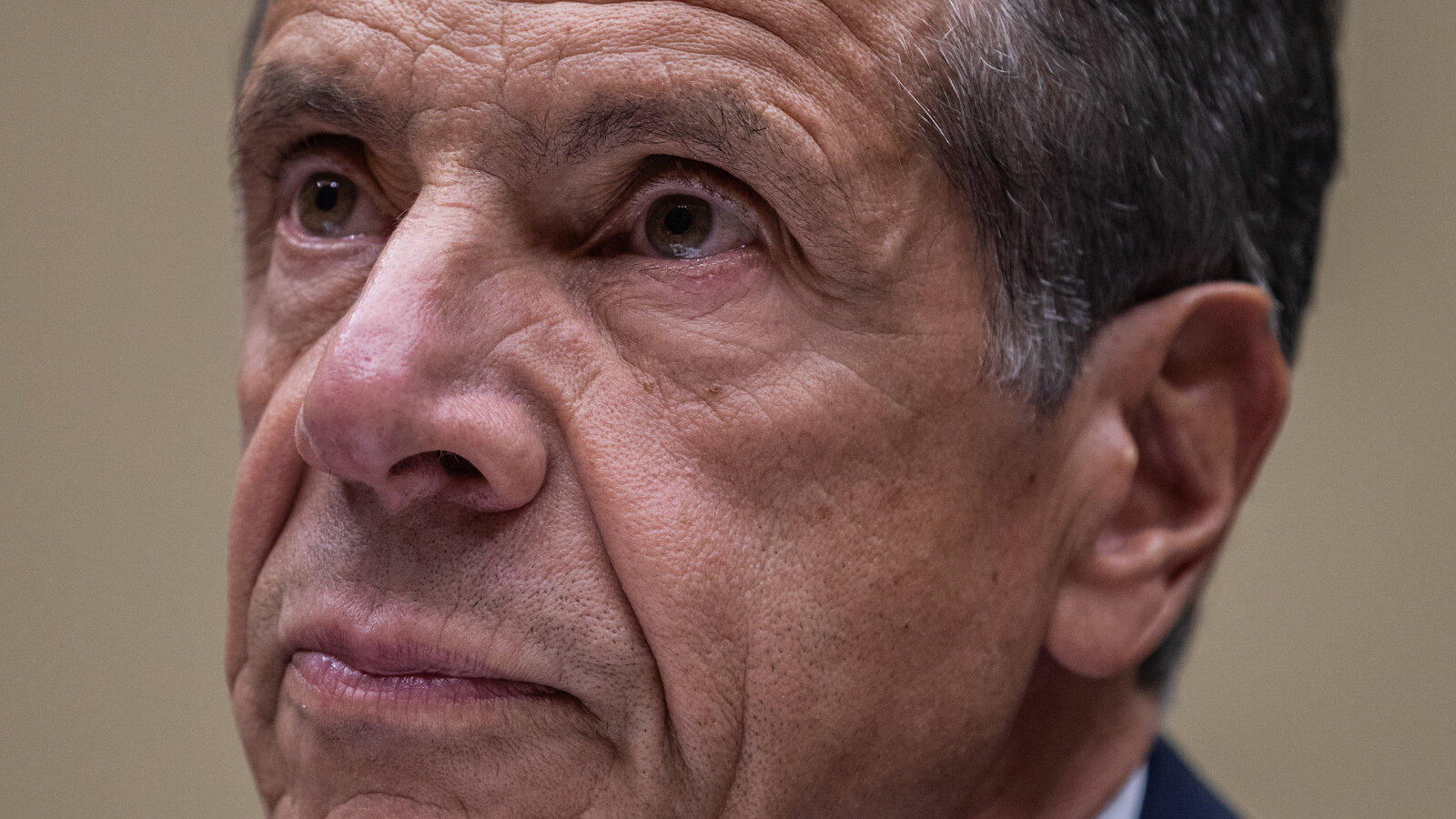Politics
2025-04-13 16:39:22
Content

In a troubling development, the Trump administration has acknowledged to a federal judge that Kilmar Abrego Garcia, a Maryland resident wrongfully deported last month, remains imprisoned in one of El Salvador's most notorious detention facilities. Despite the judge's explicit request for a comprehensive explanation of efforts to bring Garcia back to the United States, the government's recent legal filing conspicuously avoided addressing the specific steps being taken to rectify this grave administrative error.
The case highlights the potential human rights concerns and bureaucratic challenges faced by individuals caught in complex immigration proceedings. Garcia's continued confinement in a harsh Salvadoran prison underscores the urgent need for transparent and accountable immigration enforcement practices that protect individual rights and prevent unjust deportations.
As the legal battle continues, Garcia's situation serves as a stark reminder of the potential consequences of administrative mistakes in the immigration system, leaving many questions unanswered about his immediate future and the government's commitment to resolving this troubling situation.
Deportation Dilemma: A Shocking Tale of Mistaken Identity and Bureaucratic Complexity
In the intricate landscape of immigration enforcement, a single administrative error can transform lives irrevocably, casting a stark light on the fragile human consequences of governmental decisions. The recent case of Kilmar Abrego Garcia epitomizes the potential for systemic breakdown in immigration processes, revealing the profound personal impact of bureaucratic missteps.
When Bureaucracy Fails: A Human Story of Displacement and Uncertainty
The Unexpected Deportation
The Trump administration's recent legal filing has brought to light a deeply troubling scenario involving Kilmar Abrego Garcia, a Maryland resident who found himself unexpectedly entangled in a complex web of administrative error and international legal complications. The mistaken deportation represents more than just a procedural mistake; it symbolizes the potential human cost of rigid immigration enforcement mechanisms.
Navigating the labyrinthine corridors of international legal systems, Garcia's case exposes the vulnerabilities inherent in current deportation protocols. The confirmation of his continued confinement in a notorious Salvadoran prison underscores the immediate and devastating personal consequences of bureaucratic miscalculation.
Legal Limbo and Governmental Accountability
Federal judicial proceedings have thrust the case into the spotlight, with the judge demanding comprehensive details about the administration's strategies for rectifying this egregious error. The government's response—or lack thereof—reveals a troubling pattern of institutional opacity and potential systemic indifference to individual human experiences.
The prison where Garcia remains confined carries its own complex historical narrative, representing more than just a physical space of detention but a symbol of broader systemic challenges in immigration enforcement. Each day of his unwarranted confinement represents a profound violation of individual rights and due process.
Broader Implications for Immigration Policy
Garcia's situation transcends an isolated incident, serving as a critical lens through which to examine broader immigration enforcement practices. It raises fundamental questions about accountability, procedural safeguards, and the human dignity of individuals caught within complex governmental systems.
The case illuminates the critical need for robust review mechanisms, transparent decision-making processes, and comprehensive safeguards to prevent similar miscarriages of justice. It challenges policymakers and legal professionals to reimagine immigration enforcement as a nuanced, human-centered approach rather than a purely administrative function.
International Diplomatic Dimensions
Beyond the immediate legal context, Garcia's deportation highlights the intricate diplomatic negotiations required when administrative errors cross international boundaries. The involvement of both U.S. and Salvadoran governmental entities underscores the complex multilateral dynamics inherent in modern immigration enforcement.
Diplomatic channels must now work collaboratively to resolve this situation, balancing legal technicalities with humanitarian considerations. The case serves as a potent reminder of the delicate balance required in managing transnational legal and human rights challenges.
Systemic Reform and Human Rights Considerations
Garcia's experience demands a comprehensive reevaluation of existing deportation protocols. It calls for enhanced verification processes, more rigorous legal reviews, and a fundamental recommitment to principles of individual rights and due process.
The incident represents more than a bureaucratic error; it is a profound human narrative that challenges us to consider the real-world implications of administrative decisions. Each mistaken deportation carries immeasurable personal and psychological consequences that extend far beyond legal documentation.









